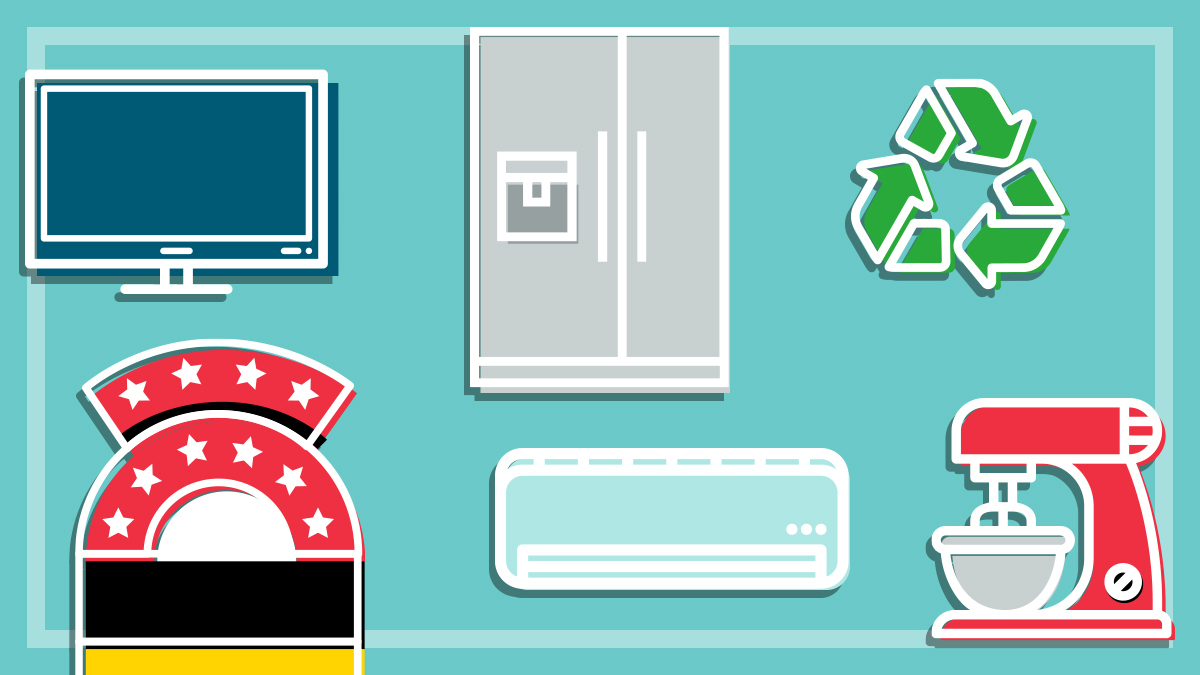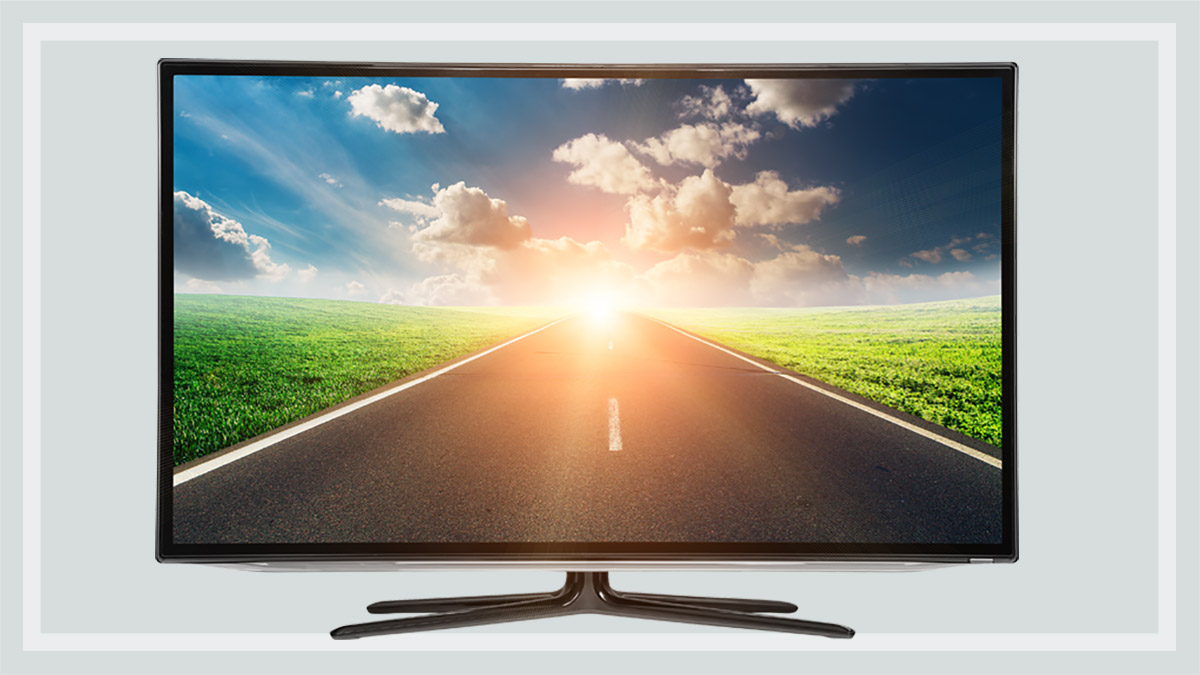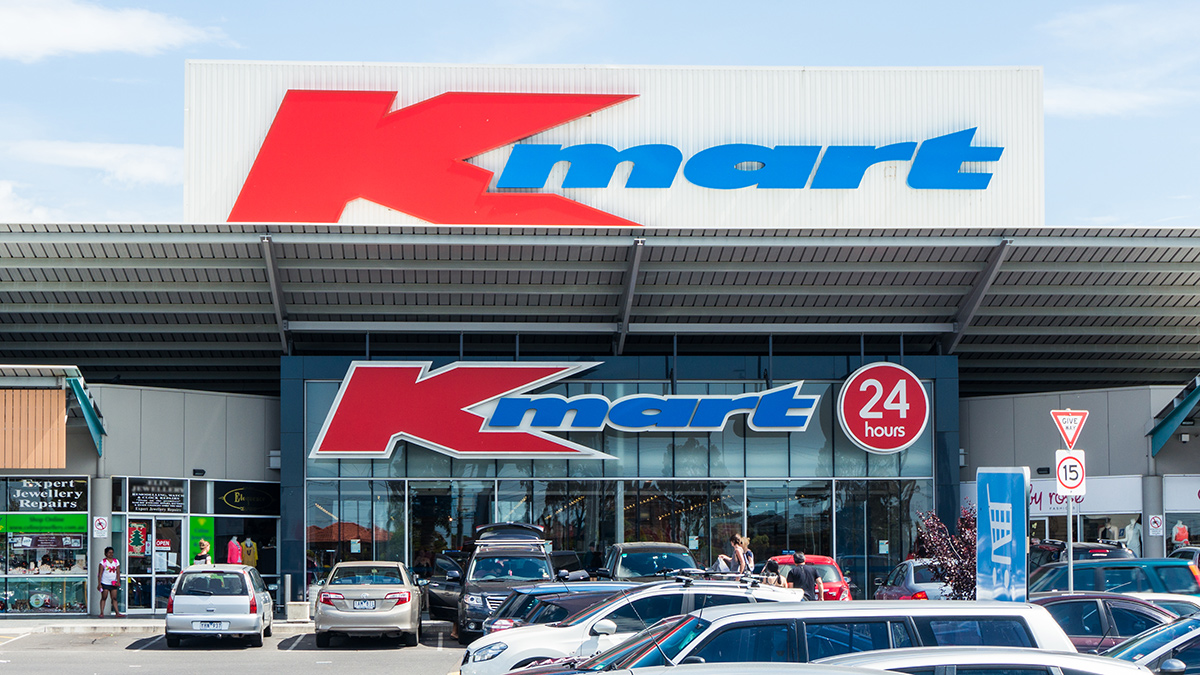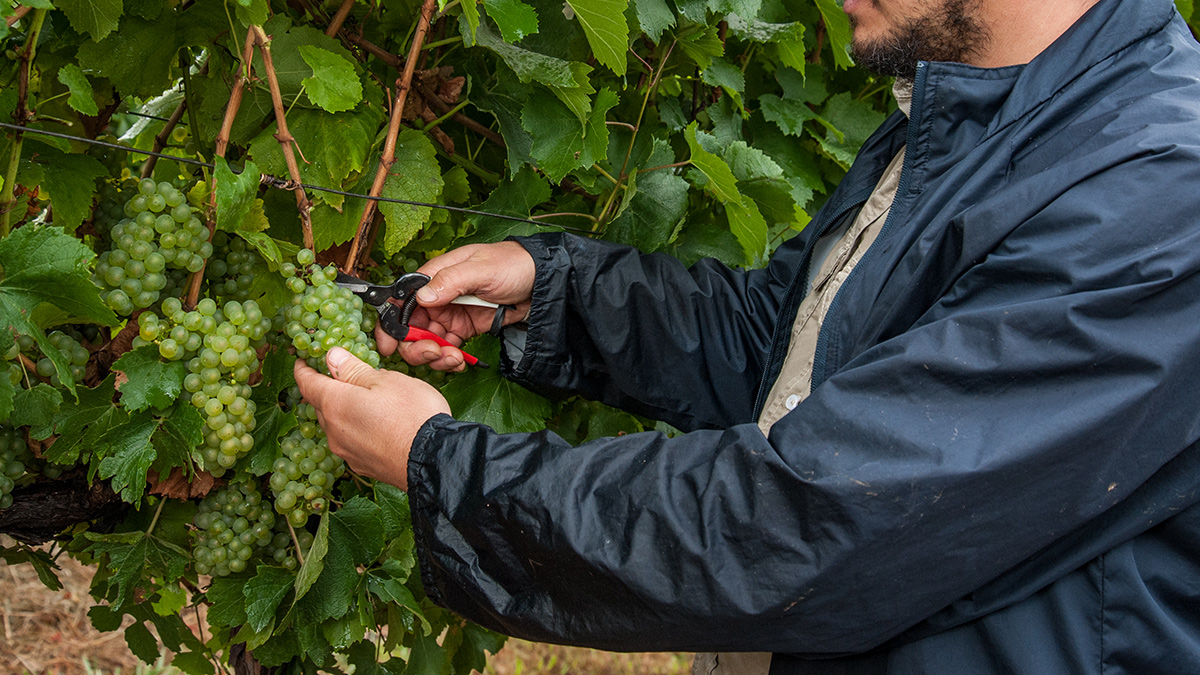Get our independent lab tests, expert reviews and honest advice.
How to choose sustainable appliances

Need to know
- A sustainable appliance is one that performs efficiently for a long time, suits your needs and is made of safe, re-usable and recyclable materials
- Using a sustainable appliance can decrease your utility bills, reduce your carbon footprint and minimise e-waste
- Check energy efficiency ratings, read expert reviews and research green claims to make sure the appliance you're buying is a more sustainable option
On this page:
- Why choose a sustainable appliance
- What counts as a sustainable appliance?
- Do they cost more?
- How to choose a sustainable appliance
- Sustainable electronics
Making a more sustainable choice is easier for some products than others. While choosing ethically sourced coffee beans or recycled toilet paper may be a no-brainer, knowing which appliances are energy efficient, long lasting and made of environmentally friendly components can be a lot more complicated.
But, with a little bit of research and close attention, you can confidently buy new whitegoods, electronics and cooking and cleaning devices that not only take less of a toll on the environment, but will also support sustainable business practices and save you money.
Why choose a sustainable appliance
From day one, buying an appliance that uses less power will mean your household will spend and pollute less in the long run, thanks to a drop in your consumption of energy – most of which comes from fossil fuels in Australia.
If the appliance also performs more reliably, for longer than its competitors, that means you’ll be buying new products less frequently and doing your bit to keep e-waste – one of the fastest-growing waste streams – out of landfill.
It also means more of the components made from finite resources that go into these workhorse gadgets will be kept in the economy for longer, where they can continue to serve a purpose and potentially be recycled, re-purposed or re-used.
Finally, buying a product made with components that are more eco-friendly means you’re further reducing the contributions your appliance will make to pollution once it’s disposed of.
What counts as a sustainable appliance?
It performs better for longer and is more efficient
Any appliance that functions well, lasts a long time and consumes less energy and water than its competitors is likely to be a relatively sustainable choice.
Even after decades of calling out bad performers, CHOICE continues to come across household devices that fall short, from washing machines with dismal dirt removal to vacuum cleaners that just suck (but not in a good way).
On the flipside, there are often products that do better than average, giving them a head start in the sustainability stakes, simply because they’re going to be more useful for longer.
The water and energy efficiency of a product is also a potential indicator of sustainability.
Comparing the extra toll big appliances like fridges put on power bills, we’ve found more than a $1000 difference in 10-year running costs between the least and most efficient models. The same goes for water use, with some washing machines using almost four times as much per cycle as others.
What’s more, some models also outshine competitors in terms of staying power, with reliability data we’ve gathered from our members showing that certain brands of TVs, laptops and dryers, for example, tend to hold up better than average.

It’s the right product for you and you can use it correctly
Even if you have an appliance that scores well on the criteria above, if you’re not utilizing it properly, you might be hampering its potential and wasting energy.
If you’re keeping your fridge half-empty or storing it in an uninsulated space such as a garage, for example, you’re making it harder to keep your food cool. This extra energy use may counteract some of the advantages of choosing a more sustainable model.
Similarly, running a washing machine with small loads that don’t fill the drum could also lead you to use more energy, considering that two half-capacity loads will use more energy than one full-capacity load.
It has strong eco credentials
Buying from a brand that gets good marks for being ethical and sustainable means your appliance is more likely to have been made in a way that’s less harmful to people and the environment.
Granted, this isn’t always easy, due to the proliferation of ‘greenwashing’ in the market, but there are strategies you can adopt to begin to sort the bogus claims from the legitimate and trustworthy certification schemes we include in our reviews, which we’ll discuss later.
In the meantime, you can make sure any product you buy isn’t made with chemicals that are harmful to the environment (some fridges, for example, still use hydrofluorocarbon refrigerants that are greenhouse gases). You can also check if the product is made of recycled materials or if spare parts are readily available.
some fridges still use hydrofluorocarbon refrigerants that are greenhouse gases
Appliances made with reused components are rare in Australia, but some brands like Beko, for example, sell whitegoods partially made of recycled plastic. And other manufacturers such as Asko, have ISO 14001-certified environmental management systems in place for their factories and aim to have all product components weighing over 50 grams labelled for recycling, to help consumers dispose of goods properly.
End-of-life initiatives can also impact appliance sustainability. Whitegoods in particular contain large amounts of metal, plastic and other valuable materials that can be salvaged and reused.
Some whitegoods retailers, including The Good Guys and Appliances Online, offer take-back schemes when you buy new goods and most electronics are covered by one recycling initiative or another, helping prevent more finite resources being devoured in the production of new goods.
Do they cost more?
CHOICE director of reviews and testing Matthew Steen says sustainable appliances don’t necessarily cost more than others. In any case, he says, it’s important to consider the price in the context of how much you’ll be paying for power, water and “consumables” like washing detergent over the appliance’s lifetime.
“Each appliance is an investment in terms of how much it will cost you in the long run. We’ve found your appliance purchase cost makes up a third of your overall costs – with the next third being energy and water, and the final third consumables,” he explains.
With this mindset, Matthew says, you can think about paying more for a sustainable appliance as a “blue chip” investment, as it will perform better and cost you less in the long run.
A good example of this is the choice of heating method many households will be weighing up as winter approaches. Our experts have found that reverse-cycle air conditioners are the most efficient way to heat most homes, but these are more expensive and harder to install than portable space heaters.
Your appliance purchase cost makes up a third of your overall costs – with the next third being energy and water, and the final third consumables
CHOICE director of review and testing Matthew Steen
The payoff emerges when you look at the long-term running costs, with space heaters costing up to twice their purchase price to run each year, while the annual toll from an air conditioner will be less than its retail price.
Programs to help you buy
If the cost of something like an air conditioner is going to be too much for you, there are state and territory government rebates, loans and subsidies that can help.
Some of these programs can deliver as much as $15,000, but check first to see whether you qualify, as several are only available to homeowners who meet specific criteria.
Not-for-profit organisations are also playing a role in this space, with Good Shepherd offering up to $2000 to those who qualify for its No Interest Loan Scheme to pay for essentials, including appliances.
For more information on state and territory, charity and private company programs, see the federal energy department’s Rebates and assistance page.
How to choose a sustainable appliance
Research efficiency and performance
You can immediately get a sense of the impact an appliance is going to have on your utility bills by looking at its energy- or water-efficiency rating.
The star-based energy rating label has been a common sight on Australian appliances for over 30 years and is mandatory for most of them, including for TVs, dryers and fridges. The companion WELS scheme for water use hasn’t been around quite as long, but is an extra requirement for water guzzlers like dishwashers and washing machines.
These labels, which assign each product a rating out of 10 or six stars, are a good way to get a sense of a device’s efficiency. It’s important, though, to make sure you’re comparing products with a similar size or capacity, as an appliance that’s efficient but bigger than what you need is going to cost you more in the long run.
Star ratings may only tell you part of the story, especially for something like a washing machine, where the rating is based on a warm program run on an ‘eco’ setting
It’s also worth noting that star ratings may only tell you part of the story, especially for something like a washing machine, where the rating is based on a warm program run on an ‘eco’ setting.
CHOICE reviews go further and test these products the way they’re most commonly used (cold washes for washing machines, for example) and also measure how much energy electronics such as TVs consume when they’re left on standby mode.
This information is then used to calculate energy- and water-efficiency scores, which in turn influence the CHOICE Expert Rating we feature in our reviews.
This is included alongside other information shedding light on an appliance’s sustainability, such as reliability and company service scores and ethical and social gradings of manufacturers from Shop Ethical.

Interrogate green claims
As touched on above, the appliance industry is no stranger to greenwashing, with the eco claims of 17 electronics and home appliance businesses identified as being of concern by the ACCC in a recent investigation.
With the peak consumer watchdog doubting environmental claims by companies, it makes sense to be sceptical. The best way to protect yourself against false claims is to dig a little deeper:
- If a product claims to be recycled, check for additional information on whether this only covers certain components and if so, look for detail on how much of the part is made of reused items.
- Look for third-party certifications that back up a company’s assertions, and research the appraising organisation online if you’re not sure about its legitimacy.
- Be especially wary of companies making absolute claims about products, such “100% emissions-free”, and confirm with a third party that a good is recyclable if it claims to be.
If you think a green claim could be misleading, you can file a report with the ACCC.
Look after your product and what you put into it
After you’ve bought your sustainable appliance, it’s important you practise basic maintenance to extend its lifespan to save you the expense of having to go back out to find a replacement sooner.
For smaller devices like kitchen goods, this can be as easy as keeping your item clean, so it doesn’t have to work harder (and consume more energy) for the same result.
The same goes for whitegoods. Regular rinsing of dishwasher filters and running a cleaning cycle on a washing machine can help to keep it in good working order.
Matthew advises that it’s good to also keep an eye on the reviews and prices of consumables such as detergent, to ensure you’re still getting the best results. Once you know you’re using the best, it pays to use less of it.
“Experiment with using smaller amounts of detergent – a lot of us launder mostly clean clothes, so put in half a scoop/lid so you can lower your consumables cost over the life of your washing machine or dishwasher,” he explains. “We’ve experimented with using half scoops and quarter scoops and we were still getting good soil removal from the best performing detergent.”
Sustainable electronics
With computers, connected devices and other electronics becoming increasingly vital in our daily lives, it’s good to think about how we can make sustainable choices with these products in particular, as they grow in number in our homes.
The good news is that the LCD and OLED technology in modern TV screens makes them much more energy efficient than their plasma predecessors. Any new TV you buy should therefore have a decent energy economy.
When browsing computers, think about how much processing power you need and buy accordingly, as high-performing models will chew up more energy. It also pays to compare the energy star ratings between similar-sized models here too, as computer monitors can consume as much energy as a TV.
Finally, as with all appliances, it’s always worth researching whether your electronic item will be accepted by an accessible recycling service once you’re done with it.






